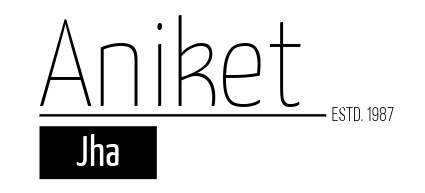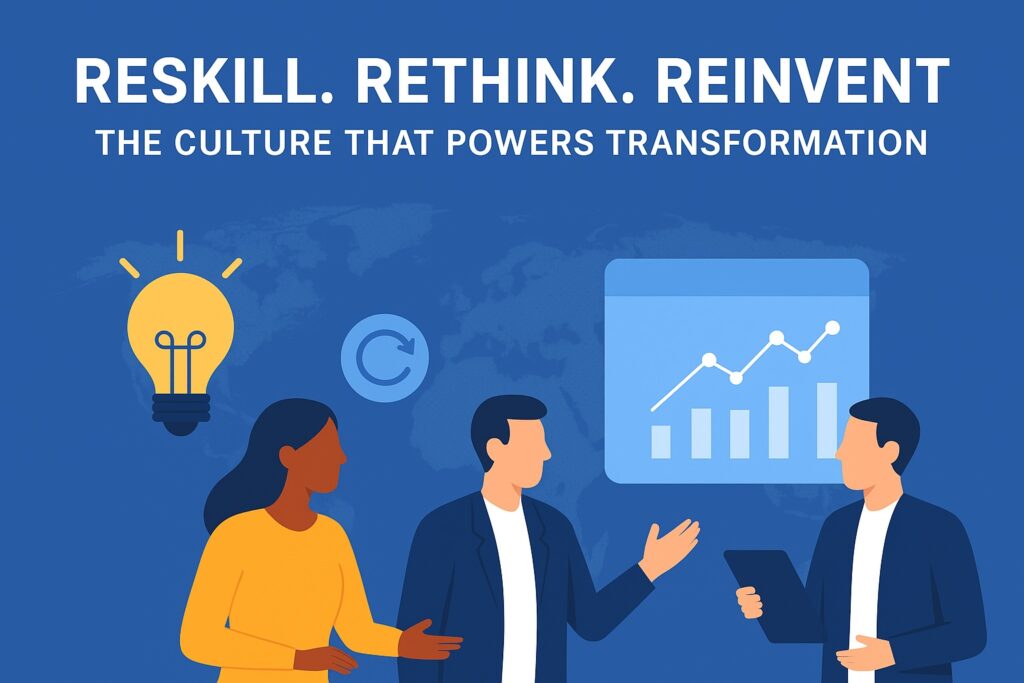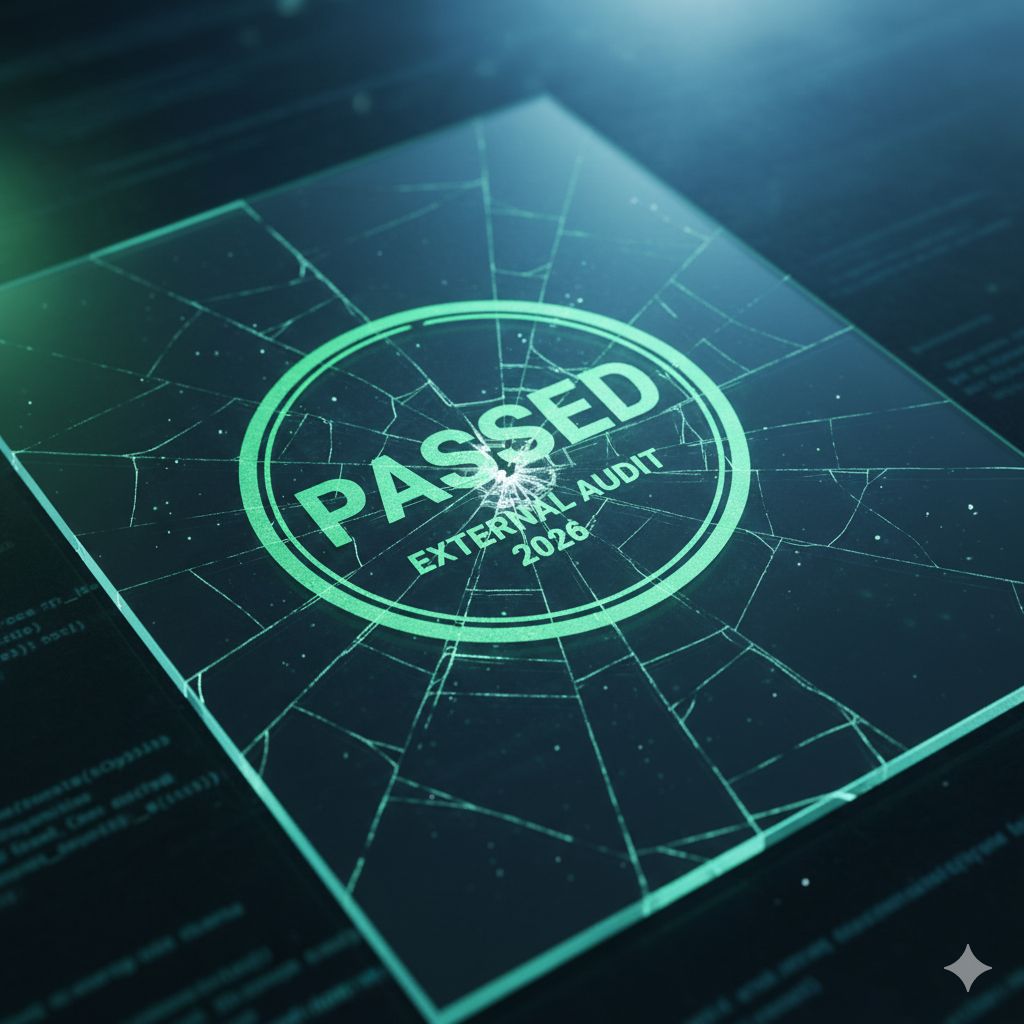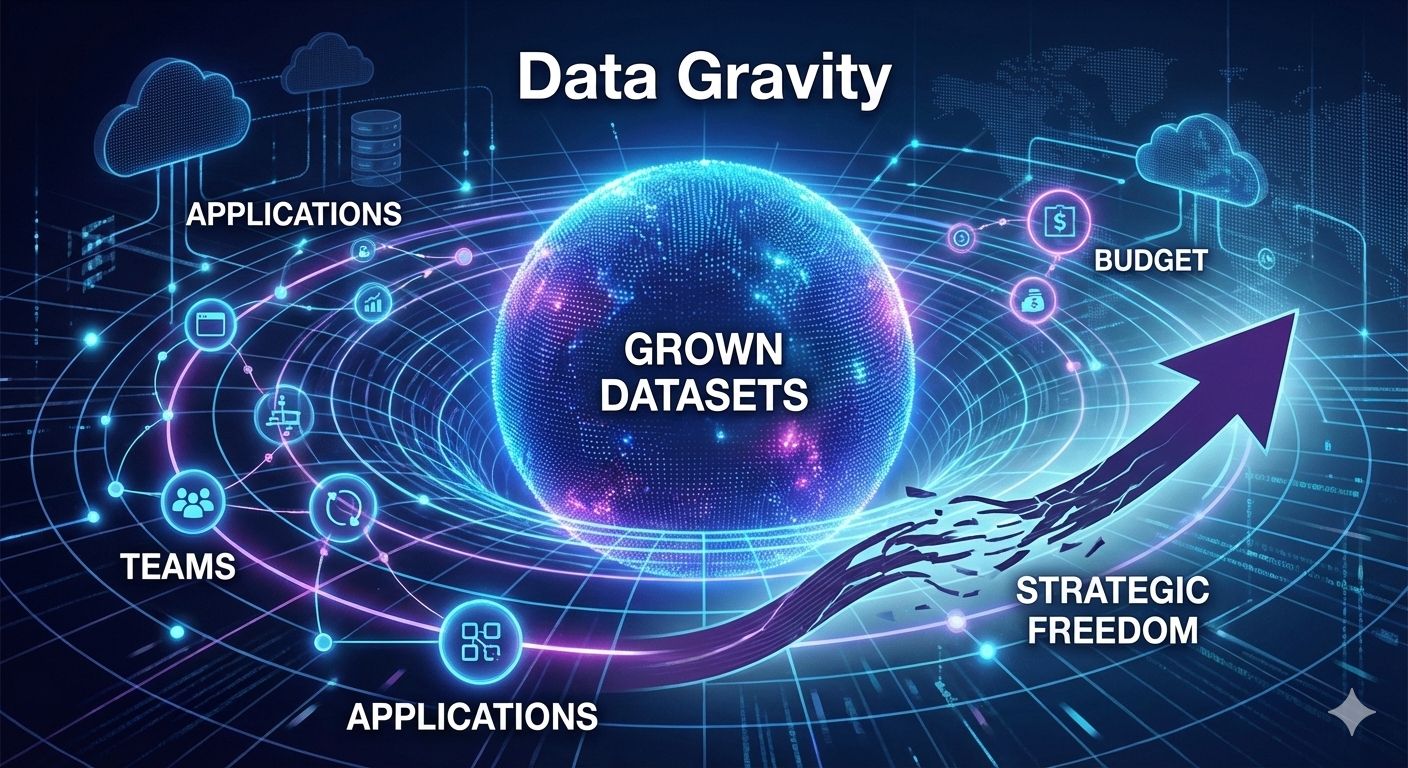When organisations talk about digital transformation, the spotlight often falls on technology, cloud platforms, automation, AI, and data. But behind every successful transformation lies one undeniable truth: tools don’t transform companies; people do.
Technology may open the door, but it’s the people and culture inside that determine whether the organisation walks through it or stands still.
Why Culture Eats Transformation for Breakfast
You can buy the best tools, automate workflows, and migrate everything to the cloud, but if your teams fear failure, avoid experimentation, or cling to “the way we’ve always done it,” transformation will stall.
A risk-avoidance culture values control and predictability, qualities that once ensured stability but now slow progress. In contrast, a digital-ready culture embraces experimentation, learning from failure, and continuously improving.
Leaders must model this mindset shift by rewarding curiosity, experimentation, and learning over perfection. Innovation thrives not in fear, but in freedom.
“In digital transformation, failure is not the opposite of success it’s part of how you get there.”
Reskilling: Building a Future-Ready Workforce
Digital transformation reshapes roles faster than ever before. Cloud, automation, and data analytics are redefining what “digital literacy” means.
To keep up, organisations must treat reskilling as a continuous process not a one-time event. This means:
Upskilling existing talent in cloud operations, data analytics, and automation tools.
Empowering cross-functional learning where finance understands DevOps (FinOps), and engineers understand cost impact.
Creating internal mobility so employees can shift from redundant roles to growth areas.
Reskilling is more than technical training it’s teaching employees to adapt, think critically, and collaborate across boundaries. When people understand the “why” behind transformation, they contribute far more effectively to the “how.”
From Siloes to Synergy: Collaboration as Culture
Traditional organisations operate in silos IT, finance, marketing, operations each with their own goals and language. But digital transformation requires these functions to speak to each other continuously.
Cross-functional collaboration isn’t a buzzword it’s a capability. When product, technology, and finance teams work in tandem, innovation happens faster, and decisions are smarter.
Agile and DevOps frameworks help, but tools alone won’t drive collaboration. The real shift happens when employees see themselves not as part of a department, but as part of a mission.
Creating a Culture of Innovation and Accountability
Digital-first cultures balance freedom with responsibility. Employees are empowered to experiment, but also accountable for outcomes. Governance frameworks like FinOps and CloudOps ensure innovation aligns with business goals, rather than running wild.
This doesn’t mean slowing down agility it means providing the guardrails that make speed sustainable.
Think of it like this:
- Without governance, innovation can become chaos.
- Without innovation, governance becomes bureaucracy.
The sweet spot is where both coexist enabling progress with purpose.
Leadership’s Role: From Commanders to Coaches
Leaders must evolve from directing work to enabling growth. The digital era demands leaders who coach, listen, and create safe spaces for experimentation.
A simple but powerful leadership question to ask:
“What did we learn this week that didn’t go as planned?”
This turns failure into fuel for improvement and signals that innovation is everyone’s job.
Finally, Cloud, data, and automation can all be copied by competitors. Culture cannot.
A company that fosters curiosity, collaboration, and continuous learning will adapt no matter how fast technology changes.
So, while digital transformation starts with technology, it succeeds with people. Build skills. Empower experimentation. Shape a culture where innovation isn’t a project it’s a way of working.
Because in the end, culture isn’t just part of digital transformation, it is digital transformation.




